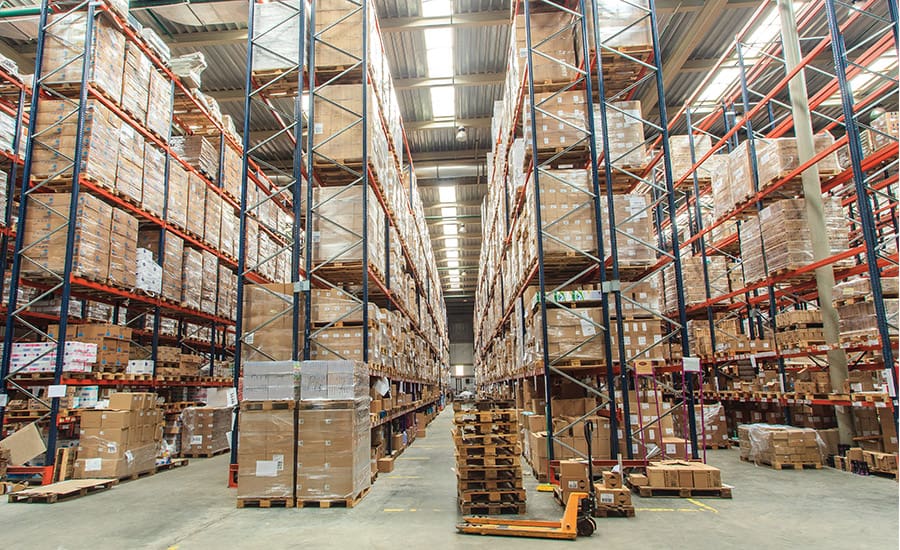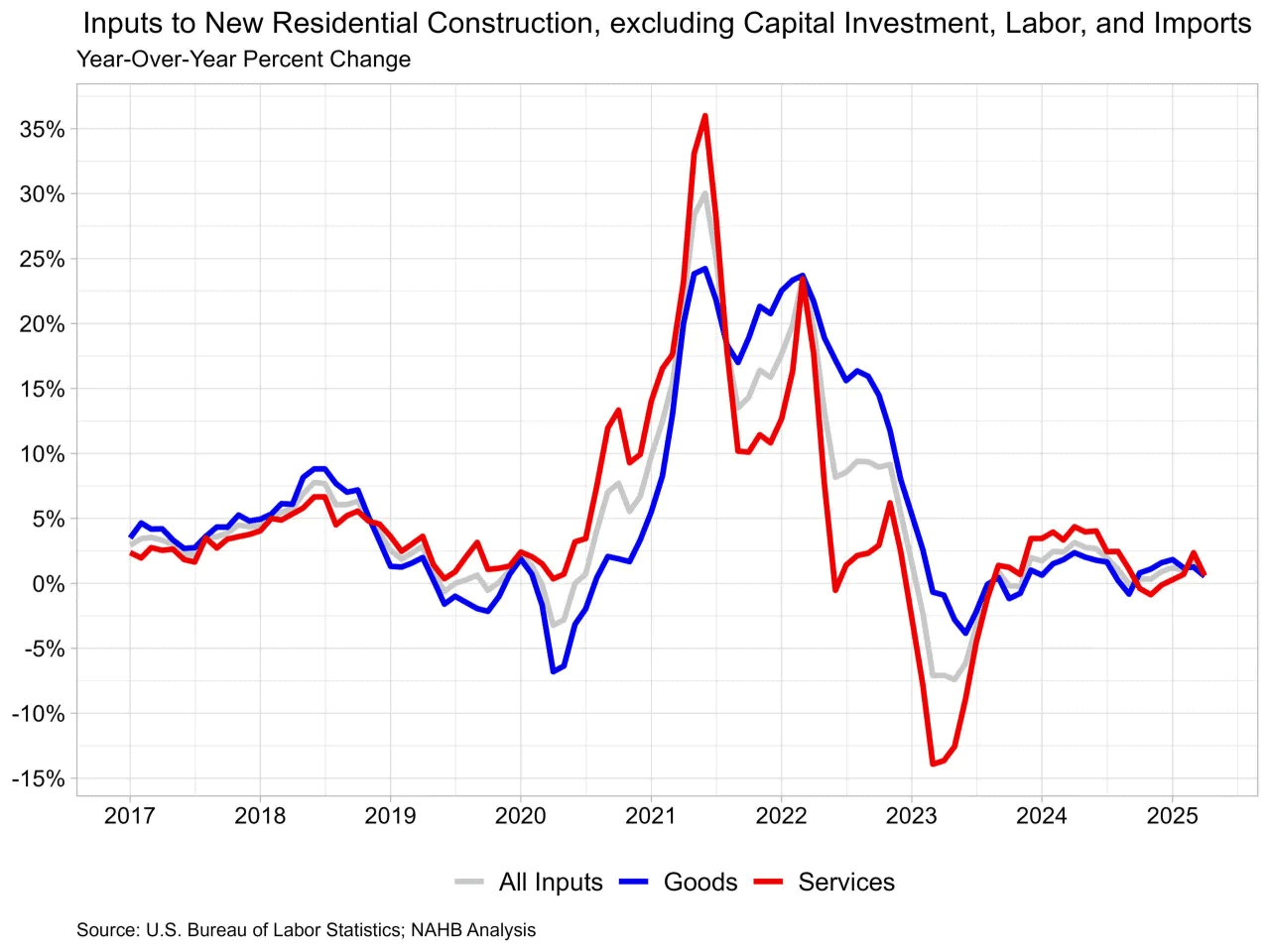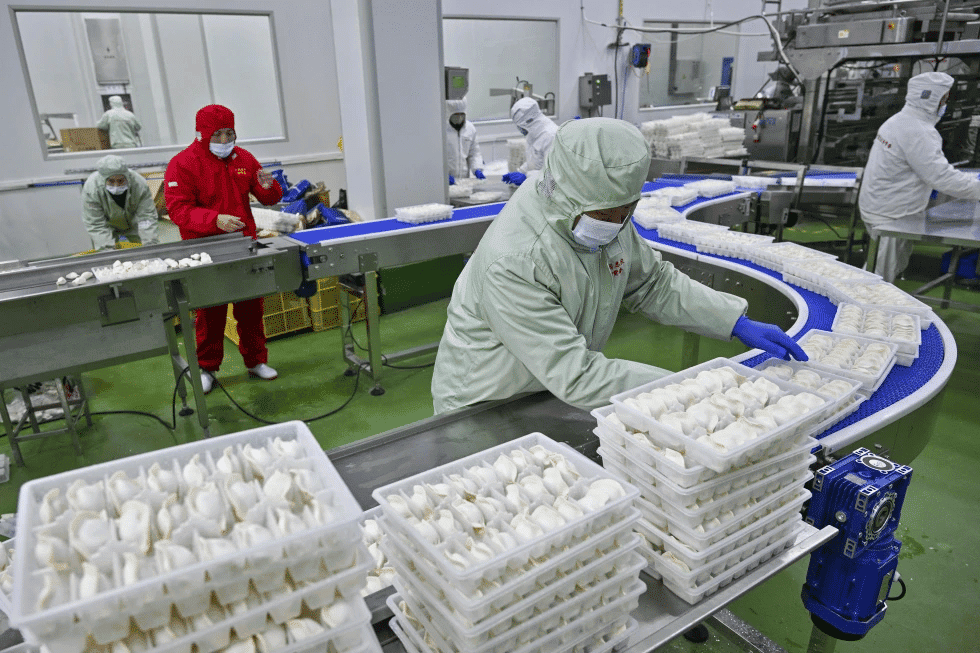
Wholesale distributors buy products in bulk and resell them to retailers or commercial entities. They make a profit on the difference between the wholesale price and the retail price.
Many manufacturers use wholesale distribution as a way to get their products in front of more customers. However, there are a few challenges that wholesalers face in this business model.
Buying High-Demand Products at a Low Price
Wholesale distribution businesses buy high-demand products from manufacturers in bulk at a discounted price. Then they connect with retailers to sell the products at a higher price to make a profit. The distributors can also sell the products directly to consumers if they choose. In the latter case, they must have a strong website to market their products and use dropshipping services to avoid carrying excess inventory.
Manufacturers often work with wholesale distribution companies to distribute their products to retailers and ecommerce sellers. This arrangement allows the manufacturer to focus on developing and building new products while the wholesale distributors ensure that stores have sufficient product supplies. The distributors frequently specialize in particular industries or product categories and establish long-term relationships with the manufacturers they serve.
Successful wholesale distribution businesses operate with a clear understanding of customer requirements and expectations. They manage their credit policies carefully to minimize risk and maximize sales. They also have a solid understanding of industry trends and customer needs, pricing structures, and supply chain logistics. They also utilize effective inventory management systems to track orders and stock levels. Finally, they provide exceptional customer service and support to their clients. This helps them build long-lasting relationships with customers and increase revenue over time.
Developing Long-Lasting Relationships with Customers
Wholesale distributors focus on building long-term customer partnerships. These relationships and repeat orders offer business security and stability, reducing the risk of volatile market conditions that could affect sales. In addition, this approach allows companies to maintain a competitive credit policy that balances the needs of all customers without over-extending a credit line that could strain the company financially.
Manufacturers often prefer to partner with wholesale distributors instead of selling their products directly to retailers because it reduces the risk of a bad product launch and gives them an opportunity to sell their products in larger quantities. Wholesale distributors also provide a level of flexibility and customization for retailers that might not have the bandwidth to invest in developing their own supply chain, offering them a more efficient way to expand their markets.
Successful wholesale distribution businesses require a high level of customer service and an effective supply chain management process. This includes performing accurate inventory calculations such as lead time, reorder points, fill rates and safety stock. It’s also important to have a streamlined ordering and fulfillment process that minimizes the amount of time spent handling orders. This will help to improve customer service and maximize productivity. For example, an e-commerce fulfillment center with dedicated wholesale space can streamline the order processing workflow and provide a seamless experience for both retail and wholesale partners.
Maintaining Sufficient Stocks in Inventory
Purchasing products in bulk quantities allows wholesalers to lock in favorable pricing from manufacturers. This gives them the ability to sell to retailers at a higher profit margin. However, it’s important for these businesses to have a robust inventory management system in place to ensure sufficient stocks are available to meet demand from customers. Otherwise, the company may run out of stock and disappoint potential buyers, leading to lost revenue.
For example, when a customer places an order online, the wholesaler must be able to process it quickly and accurately. This requires adequate warehousing space and the ability to track orders in real time. Additionally, wholesalers should be able to predict demand based on trends and customer feedback. This way, they can order the right amount of stock to keep shelves full while also minimizing shipping costs and storage space requirements.
Some wholesale distributors specialize in particular industries or product categories to develop long-lasting relationships with manufacturers and differentiate themselves from competitors. Others may even offer third-party logistics (3PL) services to streamline supply chains for their customers. In addition to storing products in their warehouses, these companies may also act as product representatives and support manufacturers’ marketing efforts. This helps them to maintain a steady flow of income while keeping their shelves stocked with top-selling products. This is especially true for manufacturers that are unable to directly sell their products to consumers.
Developing Trained Staff
In addition to having adequate inventory of high-demand products, a wholesale distribution company must also have staff that is knowledgeable and capable of handling large volumes of sales and fulfillment. This requires a detailed understanding of customer buying patterns, needs and expectations. This knowledge is critical in developing strong customer relationships, which foster loyalty and enable companies to maximize profits.
It is also important for the business to have streamlined systems to handle large volumes of orders and perform rapid operations when needed. This includes a reliable customer relationship management system and an automated process to track and fulfill purchases. A streamlined sales process reduces operating costs and allows employees to focus on fostering good customer relationships.
Wholesale distributors are essential middlemen in product supply chains because they purchase bulk quantities of goods directly from manufacturers and resell them to retailers. They often specialize in specific industries or product categories and have long-term manufacturer partnerships. As a result, they have the ability to offer retailers and ecommerce sellers discounts and more consistent product availability than would be possible with direct-to-consumer sales models. They also have the expertise to manage inventory and negotiate pricing. Managing cashflow is another crucial skill for wholesale distribution businesses, as positive cashflow enables them to pay their bills and take advantage of growth opportunities.





























